China announced this week (February 2, 2009) that nearly 20,000 pounds of milk formula imported from Taiwan and Australia had been found to contain bacteria which can cause meningitis. During the past year, China has banned 852 batches of food including milk, dairy and meat products from the United States, Japan, and Spain.
Four years ago, the Notmilk letter reported:
"The British journal Lancet (2004; 363:5-6,39-40)
points a finger of blame at a bacterium called E.
sakazakii. According to researchers, cases of severe
meningitis have been associated with powdered
milk-based infant formulas and powdered milk. What
product is used to make milk-based powdered formula
and dried milk? Uh, huh. Fluids from diseased
dairy cows."
This is not China's first experience with tainted
milk powder. In May of 2005, the Notmilk letter
reported:
"...the Chinese government discovered that Nestles
brand milk powder contains unsafe levels of iodine,
and immediately that the dangerous product be removed
from market shelves...American health officials are
faced with the same challenge, but refuse to take
action."
Bacteria in non fat dry milk are not always killed by
heat treatment. Dry milk infected with staphylococcus
toxins have infected thousands of people with
gastroenteritis. The Centers for Disease Control
have blamed increases of outbreaks on non-fat dried
milk.
As a result of that column, many readers wrote to me,
wanting to know how many live bacterial cells are
permitted in non-fat dried milk by the United States
Department of Agriculture.
The U.S. Standards for Grades of Nonfat Dry Milk
allow 10,000 bacterial cells per gram. Since there
are 454 grams in a pound of dry milk powder, expect
to find no more than 4,540,000 live bacterial cells
in each pound of product.
The Chinese people recently celebrated their new
year, the year of the Ox (and cow). With recent
melamine milk scandals and the current meningitis
milk powder story, the year of the bovine should
be one of caution.
Robert Cohen
http://www.notmilk.com
Tuesday, February 17, 2009
Subscribe to:
Post Comments (Atom)
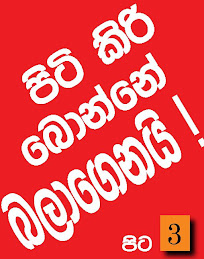.jpg)



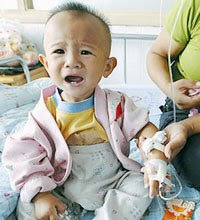
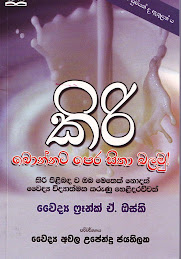
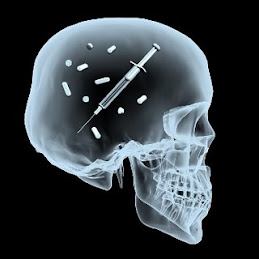









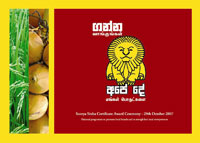
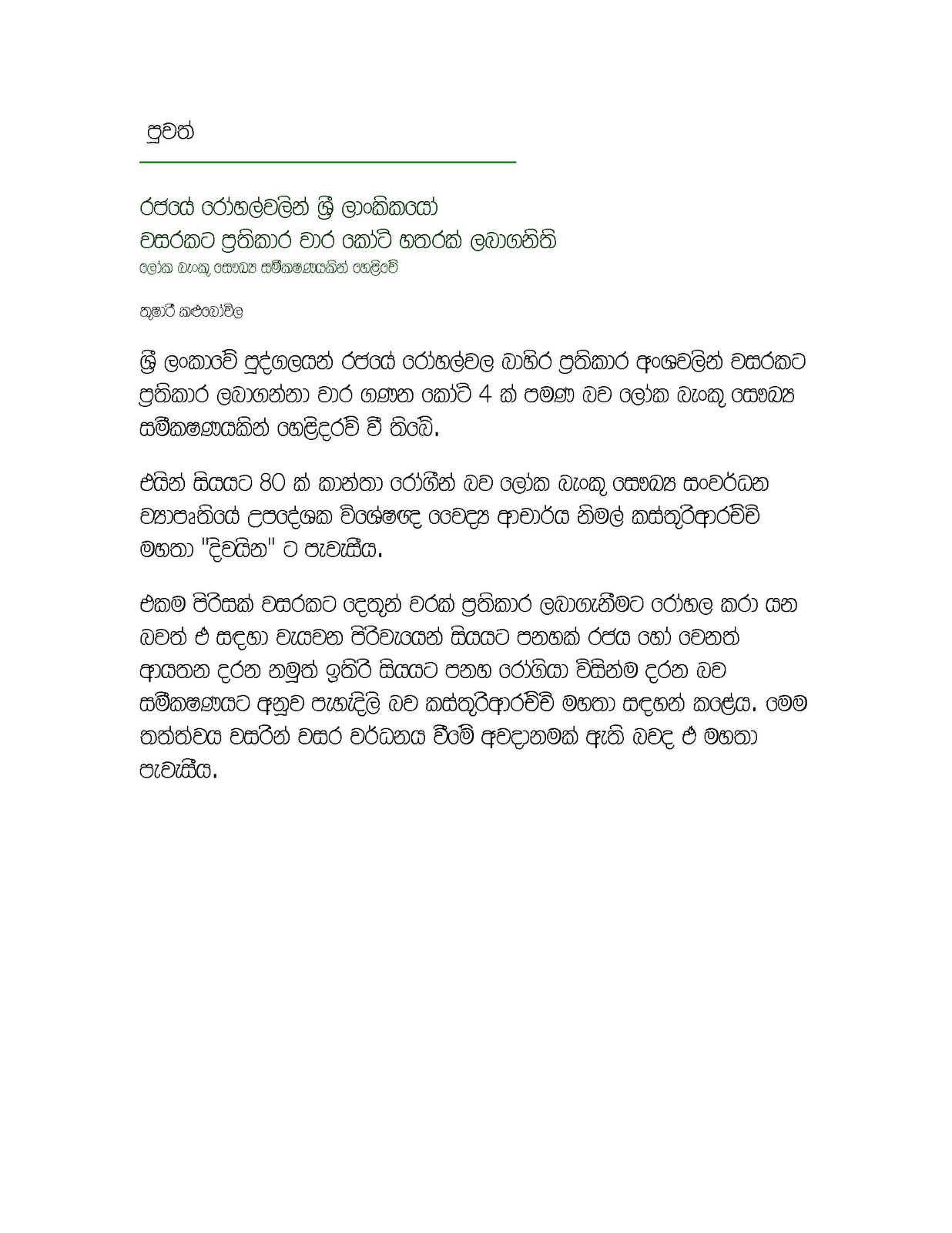
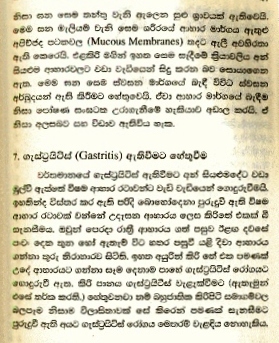

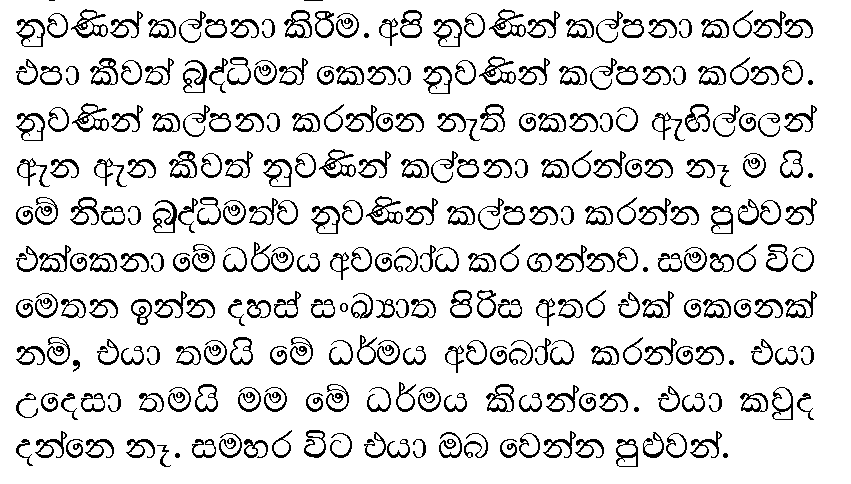
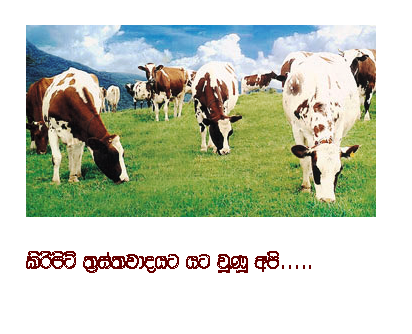



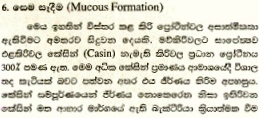

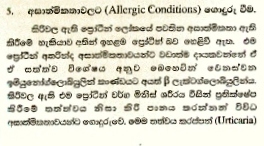


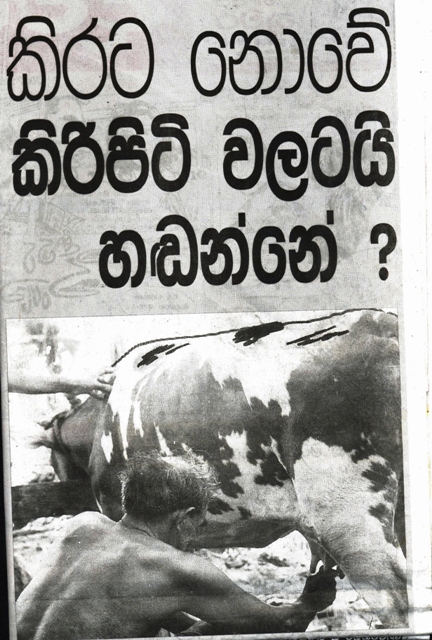
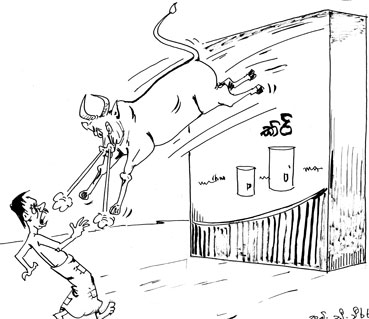



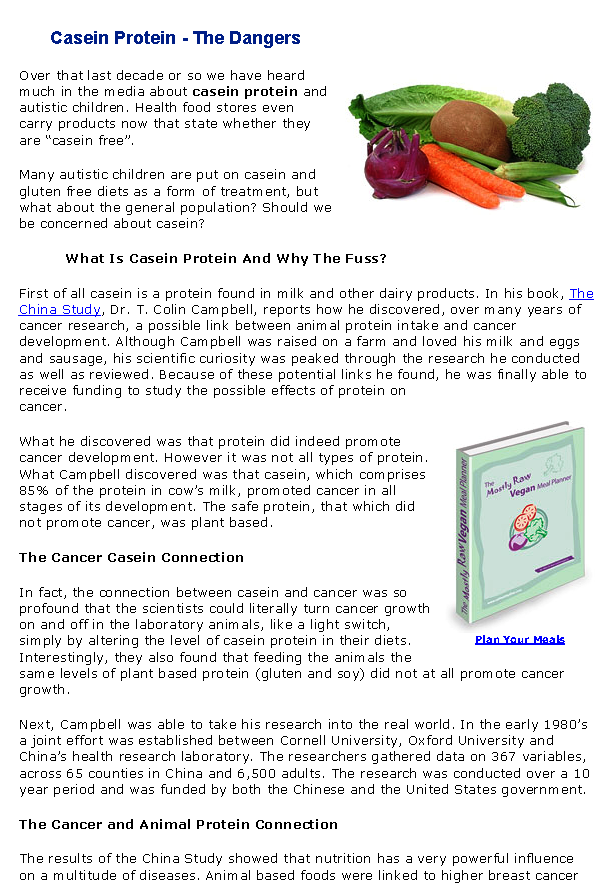
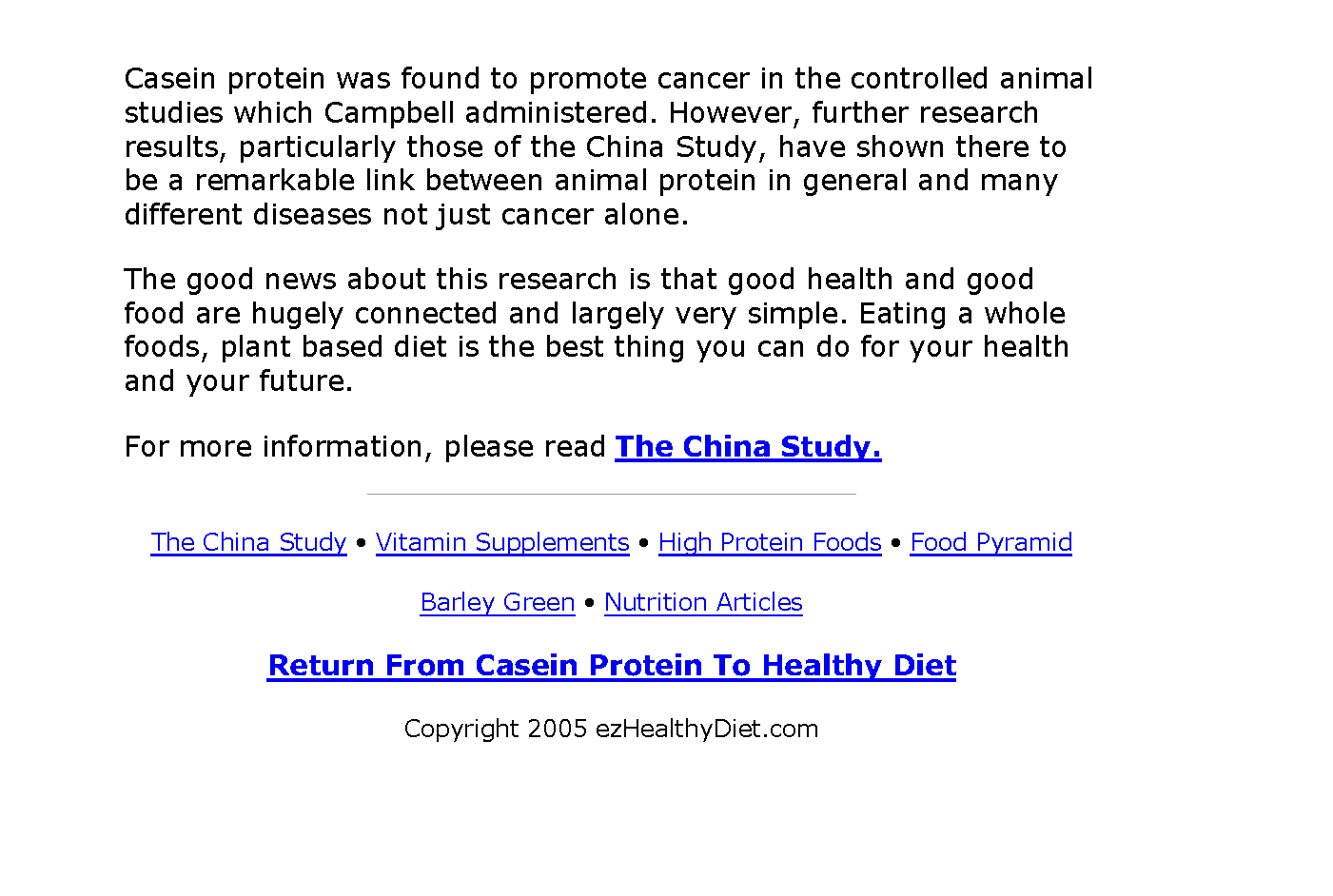

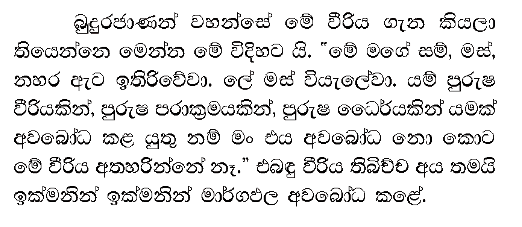

No comments:
Post a Comment